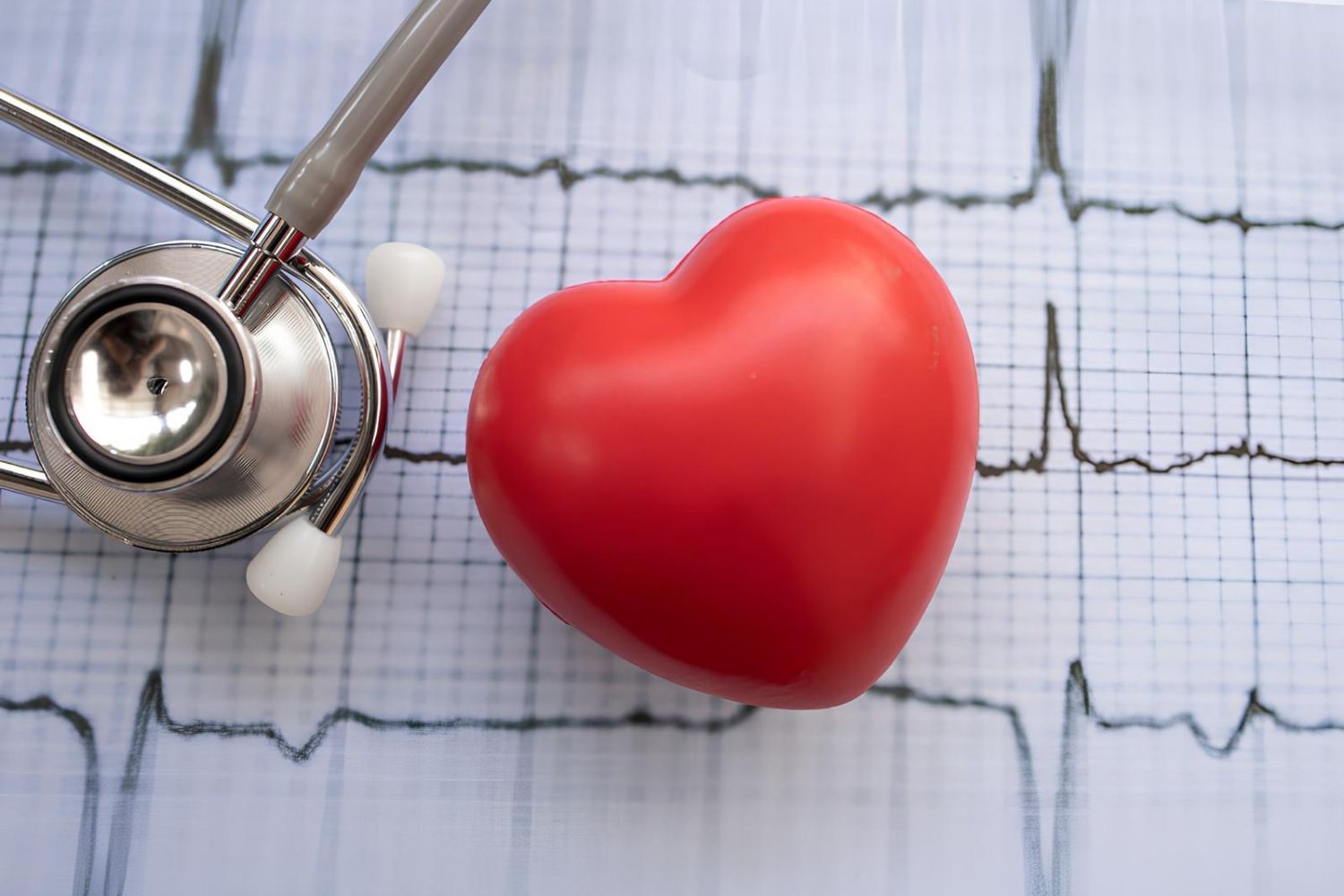
Double tachycardia induced by catecholamines sounds like a mouthful, right? But what exactly does it mean? Double tachycardia refers to the occurrence of two distinct types of rapid heartbeats happening simultaneously. Catecholamines are hormones like adrenaline that your body releases during stress, which can trigger these rapid heartbeats. Imagine your heart racing twice as fast as normal—sounds intense! This condition can be alarming, but understanding it better can help manage it. In this post, we'll break down 25 intriguing facts about this rare but significant heart condition. Buckle up, because your heart's about to race with knowledge!
Key Takeaways:
- Double tachycardia is a rare condition where two rapid heart rhythms occur at the same time, often triggered by stress or excitement, and can lead to symptoms like palpitations, dizziness, and chest pain.
- Managing stress, exercising in moderation, and maintaining a healthy diet can help prevent double tachycardia, which can lead to complications like heart failure and stroke if left untreated.
What is Double Tachycardia?
Double tachycardia is a rare condition where two separate tachycardias occur simultaneously. This can be life-threatening and is often triggered by catecholamines, which are hormones like adrenaline.
- Double tachycardia involves two independent rapid heart rhythms happening at the same time.
- Catecholamines are hormones released during stress or excitement, which can trigger double tachycardia.
- Adrenaline is a type of catecholamine that plays a significant role in this condition.
How Does Catecholamine-Induced Double Tachycardia Occur?
Catecholamines can cause the heart to beat faster and more forcefully, sometimes leading to double tachycardia. This section explores how this happens.
- Stress increases catecholamine levels, which can lead to double tachycardia.
- Exercise can also elevate catecholamine levels, potentially triggering this condition.
- Emotional excitement is another factor that can increase catecholamine release.
Symptoms of Double Tachycardia
Recognizing the symptoms is crucial for timely diagnosis and treatment. Here are some common signs.
- Palpitations are a common symptom, where the heart feels like it’s racing or pounding.
- Dizziness can occur due to reduced blood flow to the brain.
- Shortness of breath is another symptom, as the heart struggles to pump efficiently.
- Chest pain might be experienced due to the increased workload on the heart.
Diagnosis of Double Tachycardia
Diagnosing double tachycardia involves several tests and monitoring techniques. Here’s how doctors identify it.
- Electrocardiogram (ECG) is a primary tool used to detect abnormal heart rhythms.
- Holter monitor is a portable device worn for 24-48 hours to record heart activity.
- Electrophysiological study (EPS) involves inserting catheters into the heart to study its electrical activity.
Treatment Options for Double Tachycardia
Treating double tachycardia often requires a combination of medications and procedures. Here are some common treatments.
- Beta-blockers are medications that can help manage heart rate and reduce catecholamine effects.
- Calcium channel blockers are another type of medication used to control heart rate.
- Catheter ablation is a procedure where abnormal heart tissue is destroyed to prevent tachycardia.
- Implantable cardioverter-defibrillator (ICD) is a device implanted in the chest to correct abnormal rhythms.
Risk Factors for Double Tachycardia
Certain factors can increase the likelihood of developing double tachycardia. Understanding these can help in prevention.
- Genetic predisposition plays a role, as some people are more likely to develop this condition.
- Existing heart disease can increase the risk of double tachycardia.
- High levels of stress are a significant risk factor due to increased catecholamine release.
Preventing Double Tachycardia
Prevention focuses on managing stress and other triggers. Here are some strategies.
- Stress management techniques like meditation and yoga can help reduce catecholamine levels.
- Regular exercise is beneficial but should be done in moderation to avoid excessive catecholamine release.
- Healthy diet can support overall heart health and reduce the risk of tachycardia.
Complications of Double Tachycardia
If not treated, double tachycardia can lead to severe complications. Here’s what could happen.
- Heart failure can occur due to the heart’s inability to pump effectively.
- Stroke is a risk because abnormal heart rhythms can lead to blood clots.
Final Thoughts on Double Tachycardia and Catecholamines
Double tachycardia induced by catecholamines is a complex condition that requires careful understanding. Knowing the triggers and symptoms can help in managing it effectively. Catecholamines, like adrenaline, play a significant role in this condition, often leading to rapid heart rates that can be dangerous if not monitored. Understanding the balance between these hormones and heart function is crucial for anyone dealing with this issue. Medical professionals often use a combination of medications and lifestyle changes to manage symptoms. Staying informed and working closely with healthcare providers can make a big difference. Always consult a doctor for personalized advice and treatment options. This knowledge can empower you to take control of your heart health and lead a more balanced life.
Frequently Asked Questions
Was this page helpful?
Our commitment to delivering trustworthy and engaging content is at the heart of what we do. Each fact on our site is contributed by real users like you, bringing a wealth of diverse insights and information. To ensure the highest standards of accuracy and reliability, our dedicated editors meticulously review each submission. This process guarantees that the facts we share are not only fascinating but also credible. Trust in our commitment to quality and authenticity as you explore and learn with us.
